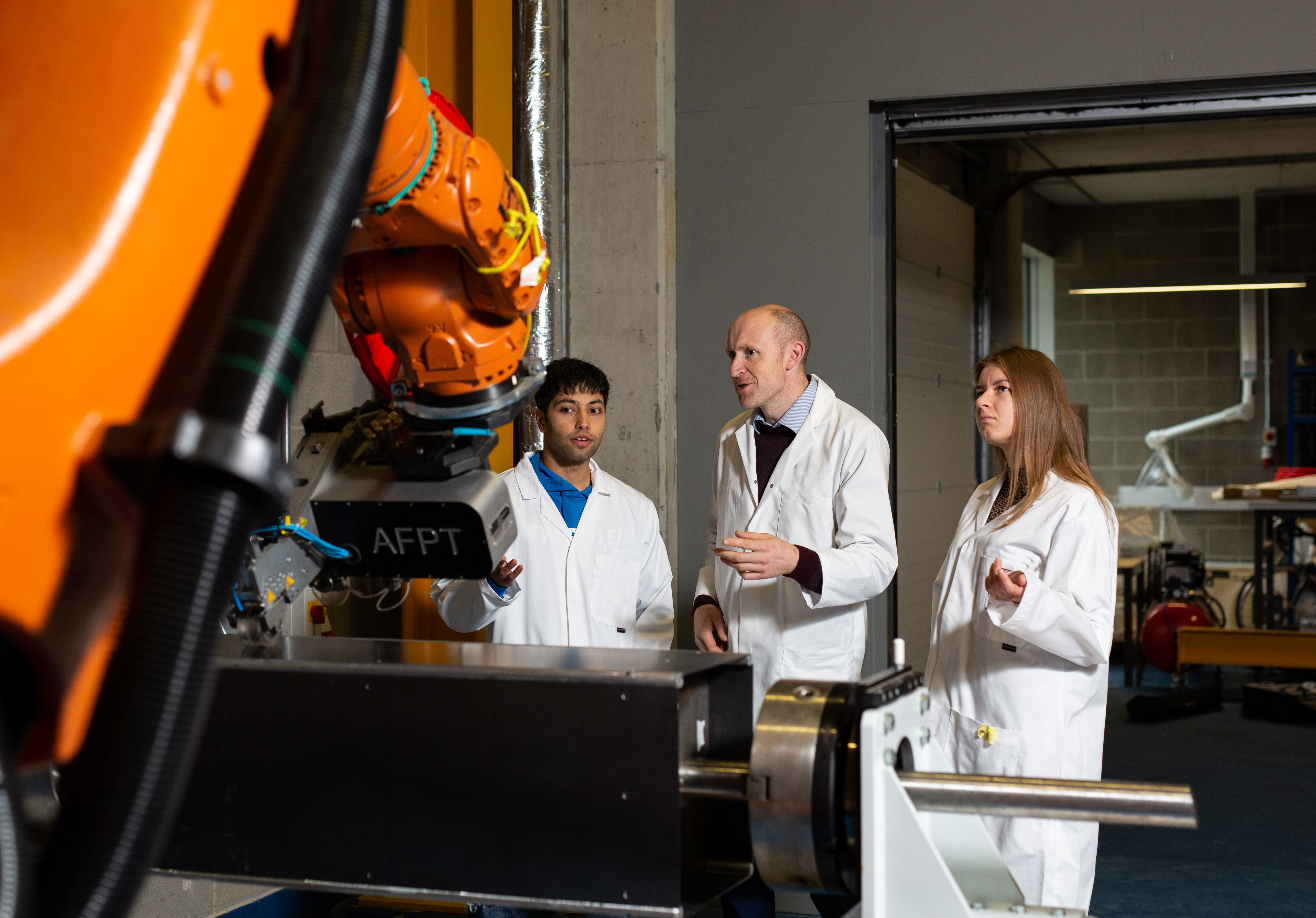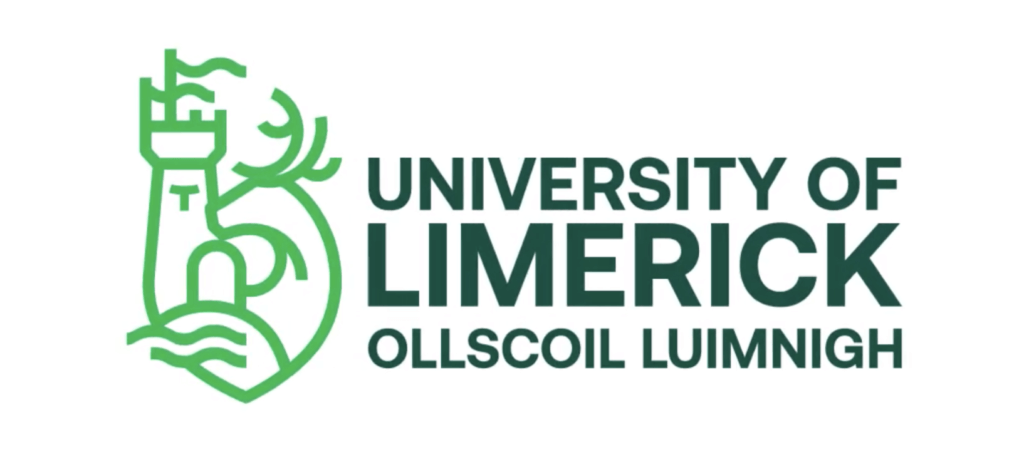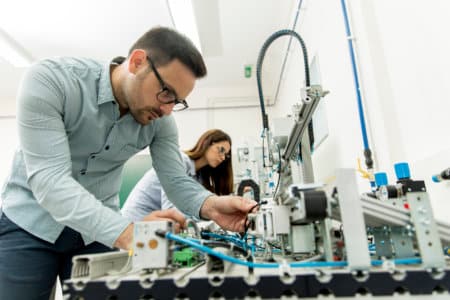At the University of Limerick’s (UL) Faculty of Science and Engineering, groundbreaking materials science research is driving sustainability in both industry and academia. Professor Vivek Ranade is collaborating with the CSIR National Chemical Laboratory in India to create a green methodology to remove ammoniacal nitrogen from effluent streams. Dr Maurice Collins is pioneering technology to produce sustainable carbon fibre from paper waste and potentially revolutionise the automotive industry. A team of researchers have even developed hybrid biomaterials in nanoparticle form, showing significant promise in treating spinal cord injuries.
Post graduate students of Engineering Material and science subjects can work at the centre of excellence in materials research, Bernal Institute hosted at UL.
“Working with both the Nanotechnology and TEMUL groups at the Bernal Institute has been a great experience, with ample opportunity to engage in multiple research areas and collaborations,” says Esther Adegoke, a current PhD student. “I have obtained training in techniques such as the use of state-of-the-art microscopes and other high-tech characterisation tools. This has been invaluable to my career development.”

Source: University of Limerick
The Faculty of Science and Engineering masters’ programmes, have specialist modules and project elements where post graduate students get to experience very specialised equipment first hand. The impact of this translates directly into career opportunities. Apart from being globally known as the “Home of Firsts”, UL is also home to a range of career-accelerating master’s degree programmes. In fact, the Faculty of Science and Engineering alone boasts a 95% graduate employment rate for it’s taught masters programmes, with the majority of graduates securing employment within Ireland’s vibrant multi-national industrial sector.
Meanwhile, the Applied Physics MSc nurtures an understanding of applied physics and knowledge of the physical principles underlying material properties, and the operation of processes and equipment, for the research and high technology sectors. To gain experience that will significantly enhance their profiles for careers in industry or academia, students can collaborate with leading tech companies like Intel and Seagate when they aren’t conducting research in UL’s state-of-the-art laboratories — a perk that stood out to Saikat Bhowmick from India.

Source: University of Limerick
“One of the reasons why I chose this course was the fact that there is a perfect combination of taught modules and research,” he says. “I was interested in nanotechnology and electron microscopy and was fortunate to do my Masters Research Project here.”
The MSc Advanced Engineering Materials provides specialised knowledge in materials analysis, a critical skill for careers in research and development, quality control, and materials engineering. Students on this path delve into the properties of high-strength materials and cutting-edge design techniques, preparing them for exciting opportunities in aerospace, automotive, and other high-tech industries. Upon graduating, they can seek employment in consultancy, research and development, product and process development, or quality control roles within diverse manufacturing sectors, including those specialising in aerospace components, chemical processing plants, and power generation facilities.
The MSc Biomedical Device Materials allows students to engage in cutting-edge research that can potentially revolutionise medical treatments and technologies. It equips students with the skills necessary to design and test biomedical devices, unlocking careers in medical device manufacturing, healthcare consulting, and clinical research. It specifically addresses the growing need for materials expertise in regenerative medicine and bioprocessing, empowering graduates to play a pivotal role in shaping the future of healthcare.

Source: University of Limerick
“The best thing about the course was being able to decide the area of focus for my thesis and working on a research topic I personally found interesting,” shares alumnus Auryn Souness, who is currently a Manufacturing Engineering Team Leader @ Johnson & Johnson Vision Care – Combination Products. “I was able to publish my thesis as the main author in an international scientific journal and present it at the 33rd International Manufacturing Conference at UL.”
For those seeking to push the boundaries of knowledge even further, the Structured PhD programme in Civil Engineering and Material Science offers a unique opportunity for high-quality original research integrated with professional development. This programme cultivates advanced research skills through a formalised and integrated programme of activities, preparing students to excel in research-focused careers within the Science and Engineering Faculty.
Regardless of the programme you choose, expect to gain a strong foundation made up of theoretical knowledge and practical applications. Learn more about the Faculty of Science and Engineering.
Follow the University of Limerick’s Faculty of Science and Engineering on Facebook, X, Instagram, YouTube and LinkedIn













